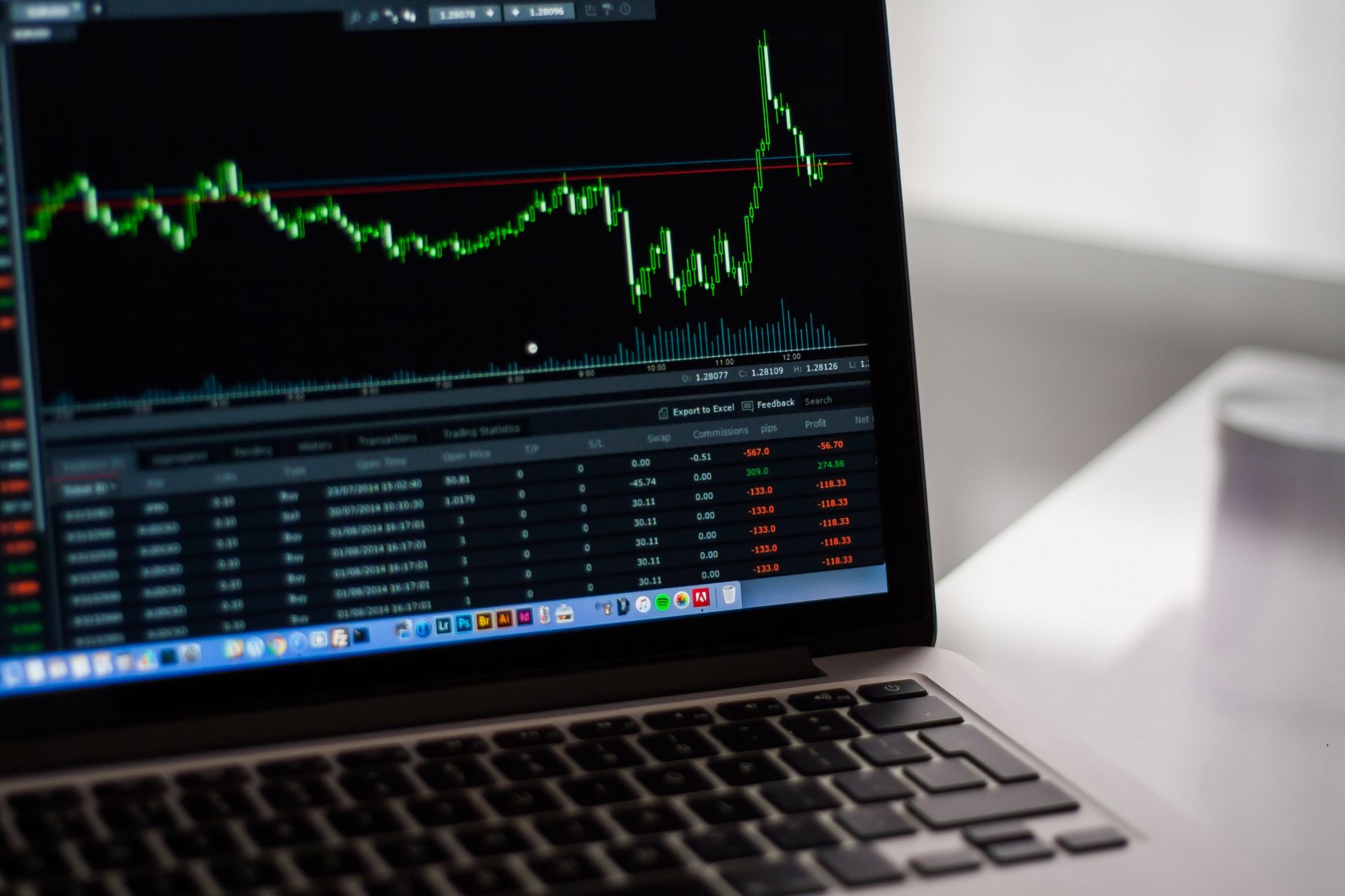The controversial introduction of dual-class shares on the Hong Kong Stock Exchange is the biggest shake-up of listing rules in decades
Back in 2014, Hong Kong’s stock exchange rejected Alibaba’s application for an initial public offering because the company wanted to adopt a dual-class share structure. The decision meant losing the world’s biggest IPO, as the Chinese company eventually went to New York and raised a record US$25 billion.
It was a blow to executives at the exchange and led to a period of soul-searching that culminated this year in a belated U-turn on the issue. In the biggest change to Hong Kong’s listing rules for years, the exchange issued new guidelines in April that allow for dual-class shares in certain circumstances, while emphasising that “one share, one vote” continues to be the “optimum method of empowering shareholders and aligning their interests in a company.”

“The market has made it clear they want the exchange to take action to broaden Hong Kong’s capital markets access and enhance its competitiveness,” said the exchange’s chief executive, Charles Li.
In July, Xiaomi became the first company to launch an IPO on the Hong Kong exchange with dual-class shares, following in the footsteps of US tech firms like Snapchat, Google and Facebook with dual-class shares in other jurisdictions.
What’s all the fuss about?
As the exchange mentioned in adopting the new rule, a core principle of Hong Kong listings has always been that each share in the company entitles the shareholder to a vote—one share, one vote.

